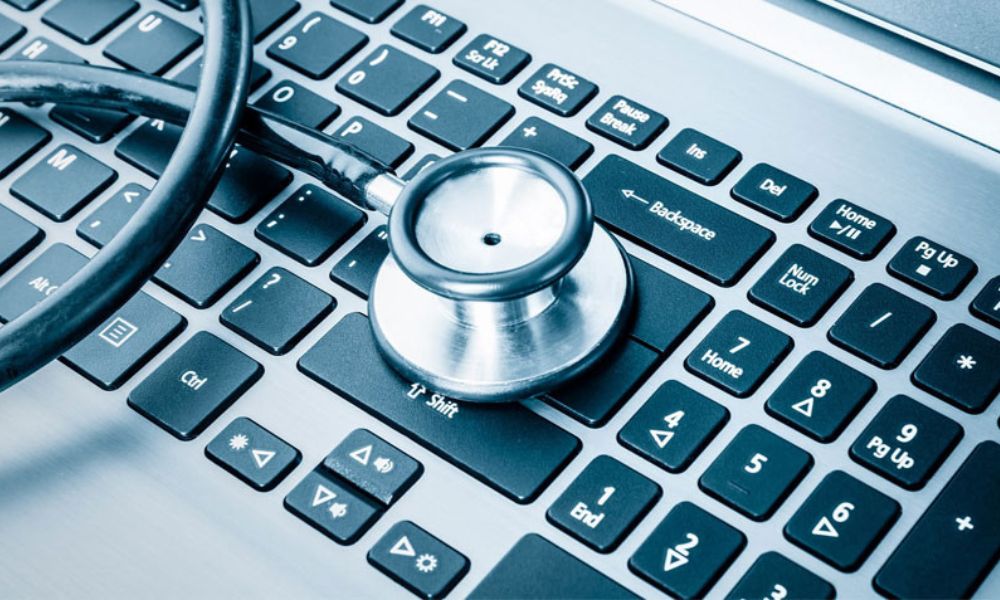In the rapidly advancing digital age, computers have become indispensable tools for personal and professional use. However, experiencing performance issues can be a frustrating ordeal, especially for those who are new to the technology world. Fear not, as we, Computer repair in melbourne at Smart Geeks, are here to provide you with a comprehensive roadmap to improve your computer’s performance and resolve issues, ensuring a smooth and efficient user experience.
PC repairs Melbourne at smart geeks 2 U
Understanding common performance constraints
When your computer isn’t performing up to par, several factors can be at play. Identifying these barriers is critical to effective resolution. Here are some common culprits:
1. Insufficient RAM (Random Access Memory)
RAM is like your computer’s short-term memory. If it becomes overwhelmed, your system slows down as it struggles to handle multiple tasks simultaneously. Upgrading your RAM can significantly increase performance.
2. Overloaded CPU (Central Processing Unit)
The CPU is the brain of your computer, responsible for processing instructions. When it is overloaded with tasks, performance suffers. Close unnecessary programs and consider upgrading your CPU for better performance.
3. Limited storage space
Running out of storage space on your hard drive can make your system very slow. Clean up your drive regularly by deleting unnecessary files and consider adding more storage if needed.
Improving computer performance
Now that we’ve identified the potential bottlenecks, let’s find effective solutions to improve your computer’s performance.
1. Upgrade your RAM
If you find that your computer is struggling with multitasking, upgrading your RAM can make a big difference. Choose a high-capacity RAM stick compatible with your system, and you’ll have a faster and more responsive computer.
2. Monitor CPU usage
Keep an eye on your CPU usage using Task Manager or Activity Monitor. If you notice it’s consistently high, identify resource-intensive applications and consider closing them or upgrading your CPU for better performance.
3. Empty the storage area
Declutter your hard drive regularly by deleting unnecessary files, old applications and temporary files. Consider investing in an external hard drive or using cloud storage to optimize your computer’s storage space.
4. Update your operating system and drivers
Make sure your operating system and device drivers are up to date. Manufacturers release updates to improve performance, security, and compatibility. Keeping your system updated can make operations easier.
5. Improve startup programs
Minimize the number of programs that start automatically when you boot your computer. Disable unnecessary startup items through Task Manager or System Preferences to reduce the load on your system.
Optimizing computer performance is essential to increase productivity and streamline your computing experience. By addressing common performance bottlenecks and implementing the solutions provided, you’ll be on your way to enjoying a faster and more efficient computer.
Why Choose Us

Our Partner





